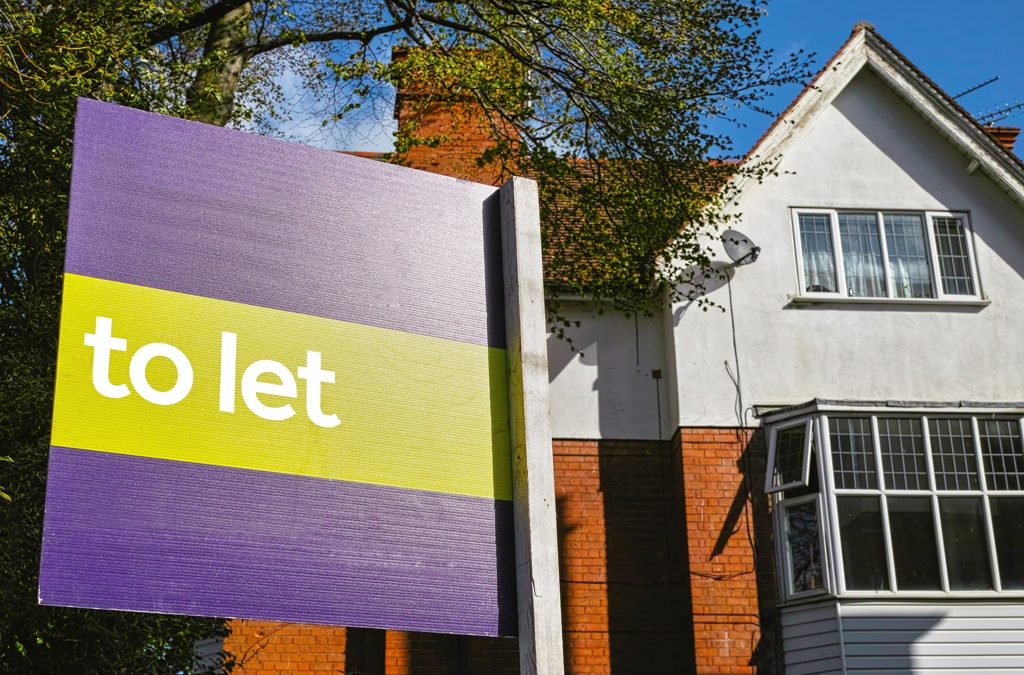The viability of the buy to let property market as an investment, particularly for those with large mortgages, has been compromised since the government introduced new tax rules, the details of which can be viewed here.
And yet demand for property in the UK remains high, with demand to make money on property seemingly higher. So, now that margins are being squeezed on individual buy to let arrangements, what’s the alternative?
The answer is, in the main, simpler than you might think and means that not only could you become a landlord in a much more efficient – not to mention profitable – way, but also a business owner, too.
Limited company buy to let mortgages
As a Guildford mortgage broker, Complete Mortgages has seen a high number of buy to let landlords in the South East of England with high loan to value mortgages reconsider their options since the new tax legislation was announced.
One of those options – and one that is becoming increasingly popular – is using a special purpose vehicle (SPV) or, quite simply, starting or building a buy to let property portfolio by purchasing properties through a limited company.
Of course, like most things in life, there are pros and cons so in order to try and explain the basics, here is a quick guide to the good and the bad bits associated with business buy to lets. However, it’s important to point out that given how everybody’s circumstances differ, it’s essential that you consult an accountant before making any decision.
The pros
Pay less tax on buy to let properties
For reasons laid out here, tax payable on individual buy to let property revenue is getting higher. However, this new structure doesn’t affect buy to lets through a limited company.
Tax-free dividends on buy to let properties
At the start of the 2016/17 tax year the government made a number of changes, one of which is that you no longer have to pay tax on the first £5,000 of your dividend income – regardless of how much non-divided income you earn. For example, let’s say you earn £40,000 a year, through PAYE, for company A. You then set up your own company called Business Buy to Lets limited and purchase a property, which yields £5,000 in rental income a year. Not only is that £5,000 tax free, but it means that you can…
…Reinvest your profits without any tax liability
Now that you’ve earned £5,000 without incurring any tax liability, you can do what you like with it. You may wish to reinvest it in the property or even put it towards a deposit on another property – something that would have taken you a lot longer to save for if you had purchased the property as an individual, as that £5,000 would have been diminished by tax.
The Cons
Say goodbye to Capital Gains Tax relief
As an individual buy to let landlord, you receive £11,100 tax relief when you sell your property. With properties purchased by a limited company, there is no Capital Gains Tax relief.
Companies cost money
There is administration involved in running a company. Even if you only generate an income of £5,000 per year and there are only a few transactions to account for, you will need to keep accounts, file returns and manage the corporation tax and personal tax elements of running a limited company. The cost will vary from accountant to accountant, however it’s an essential component of owning a limited company, unavoidable and required by law.
Limited company buy to let mortgages have higher rates
Unlike individual buy to let mortgage rates, which have dramatically dropped over recent months to keep the buy to let market buoyant, business buy to let mortgage rates are higher.
Perhaps the biggest drawback for those looking to apply for a limited company buy to let mortgage is the fact that the range of options decreases. Some lenders don’t even offer mortgages to limited companies.
Before you do anything…
… and irrespective of the broker you use, you must seek advice from an accountant before making any decision – even the decision to form a company (or SPV).
However, as an award-winning mortgage brokerage Complete Mortgages has access to a comprehensive panel of lenders and a range of limited company buy to let deals to suit everyone. We can give you guidance on all mortgage-related aspects of becoming a business-owning, portfolio-building landlord including the:
- Standard Industrial Classification (SIC) your company needs to carry in order to secure a mortgage
- Roles and responsibilities that you – as a director – have when it comes to your mortgage
Contact the Complete Mortgages team on 01483 238280 or email info@complete-mortgages.co.uk to find out more about becoming a limited company buy to let landlord.
By Mark Finnegan, Director at Complete Mortgages



Recent Comments